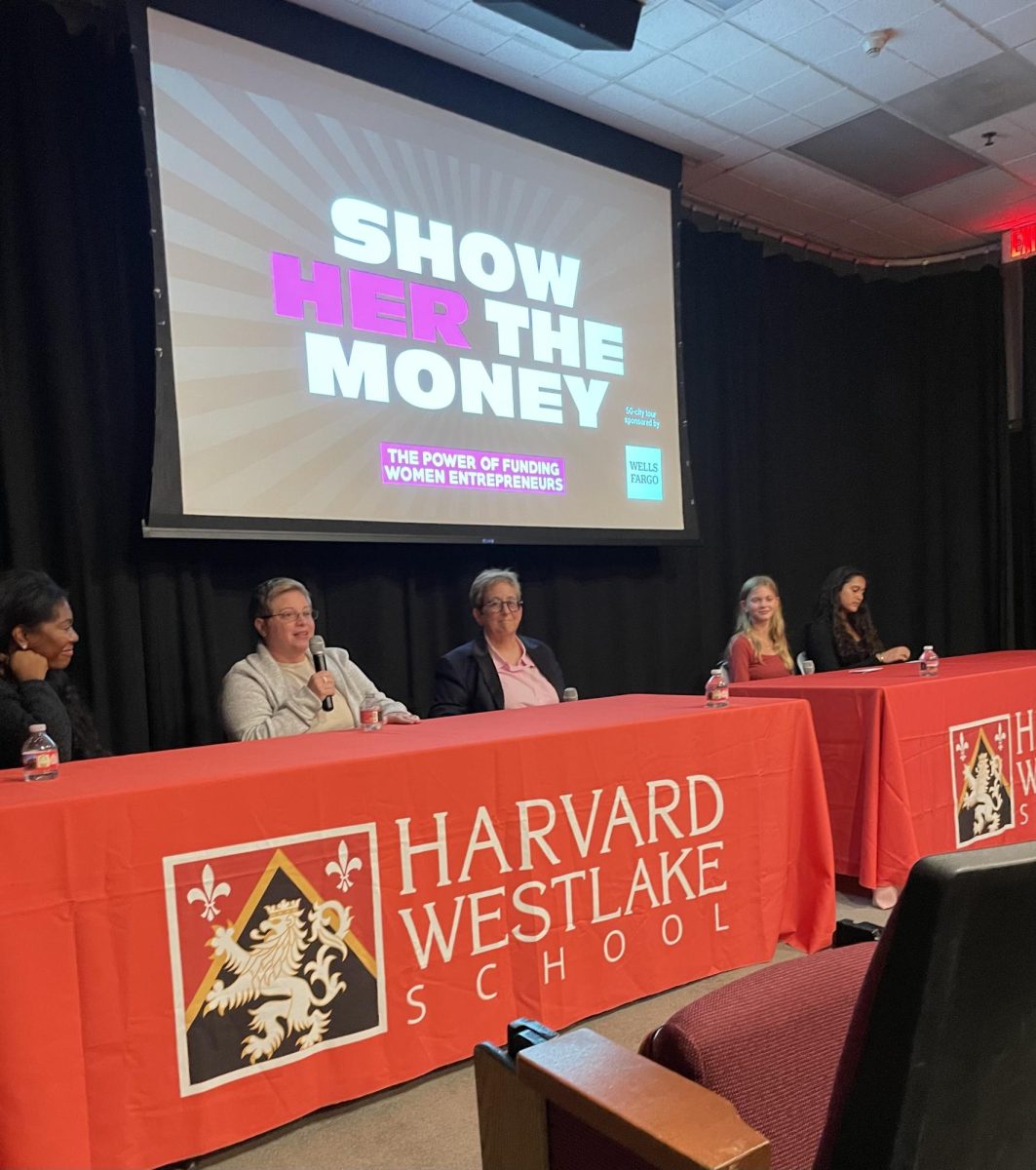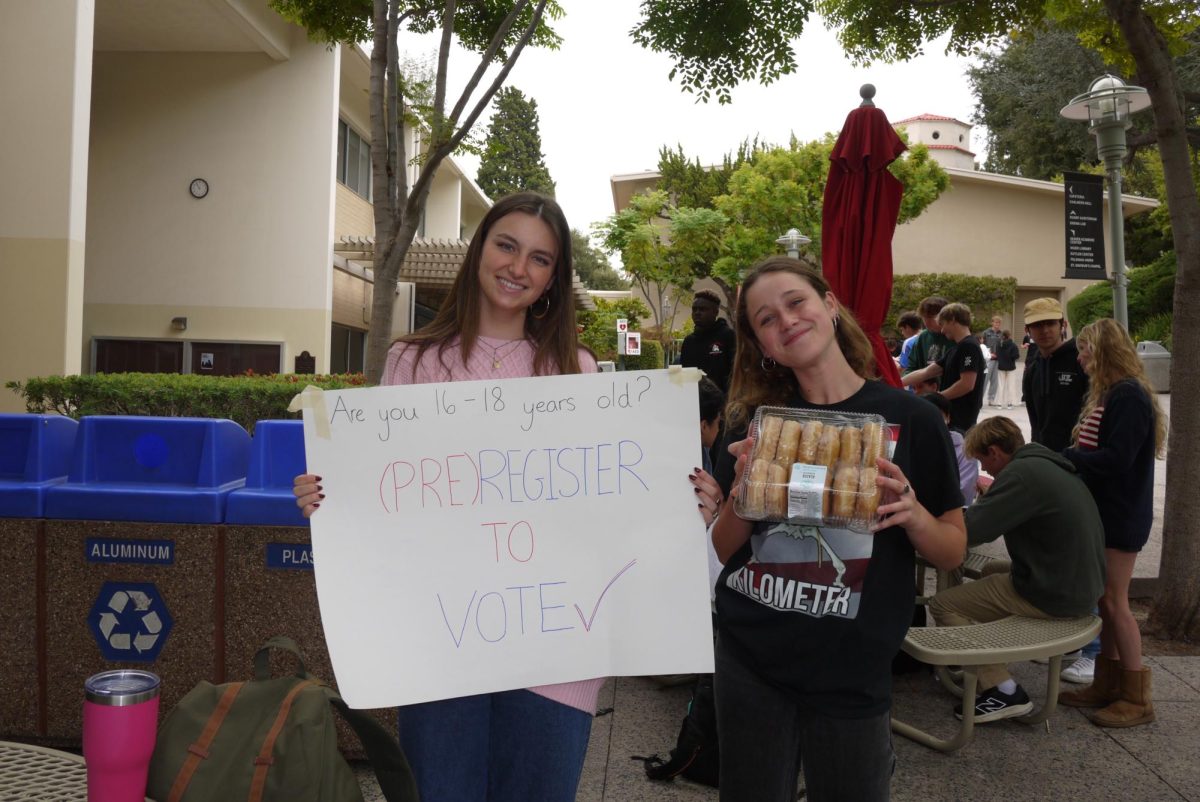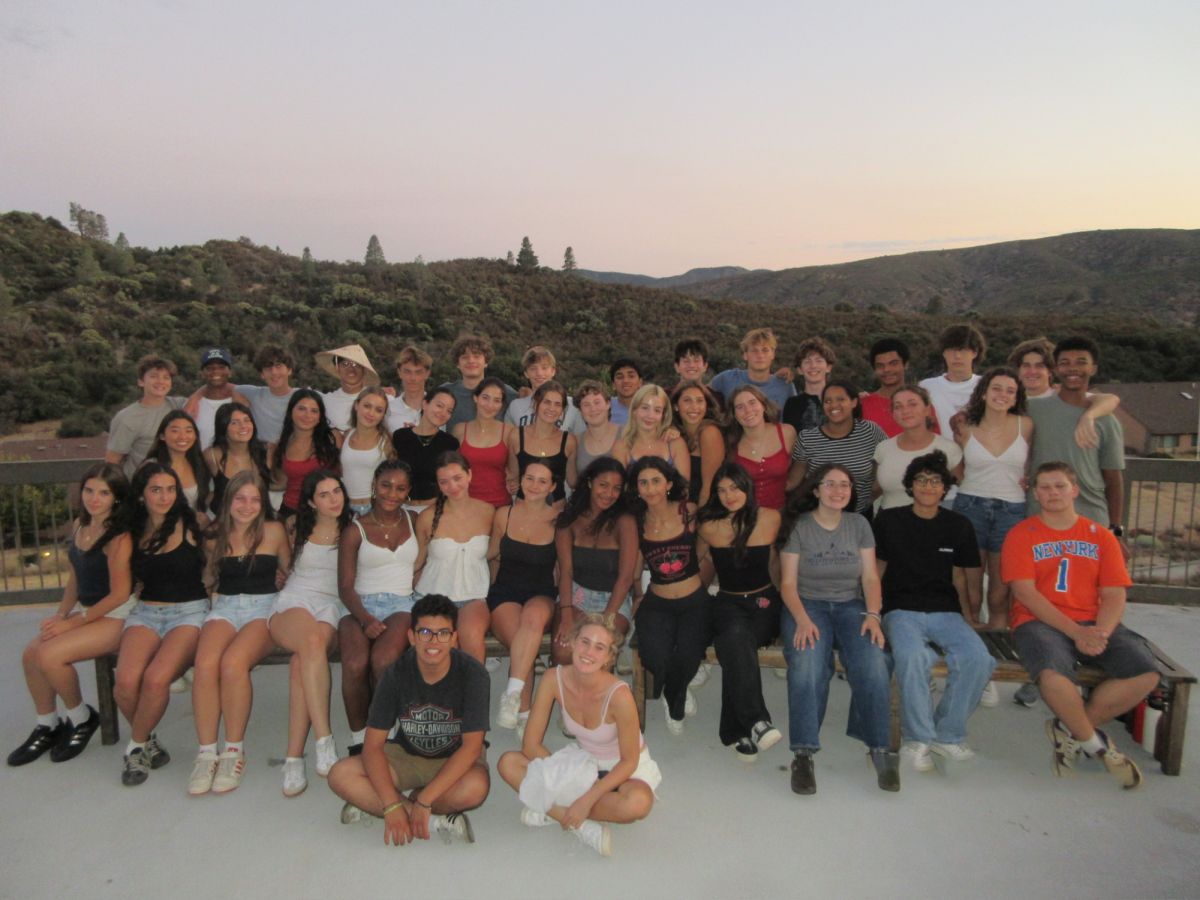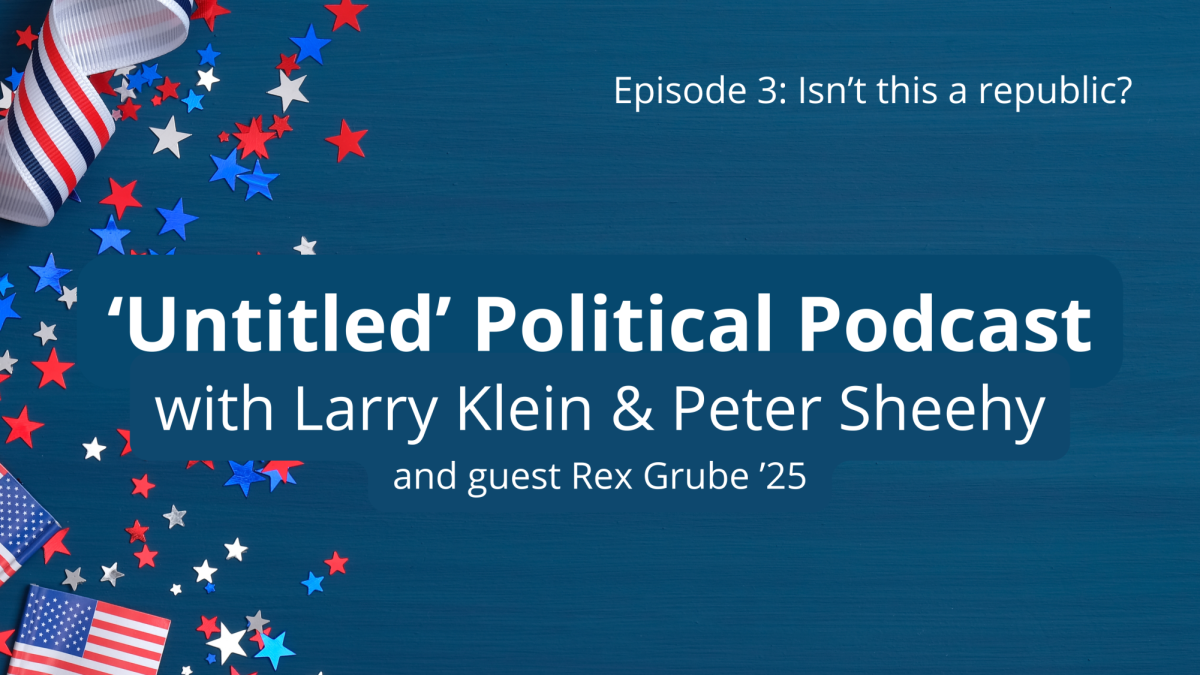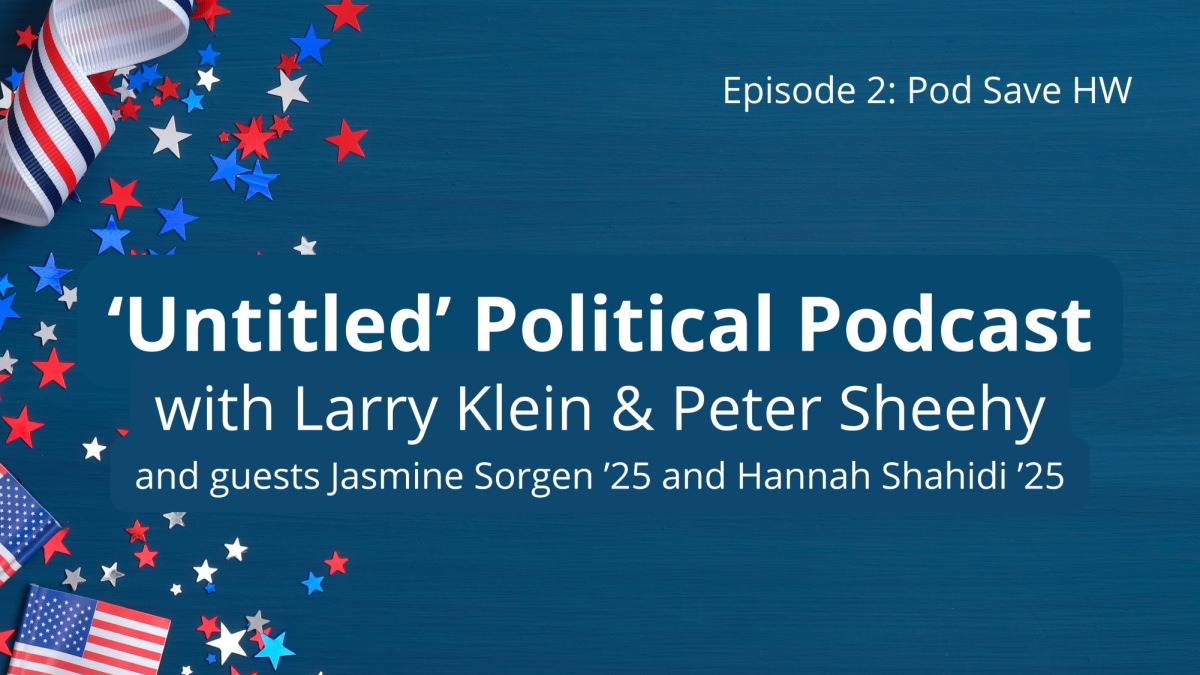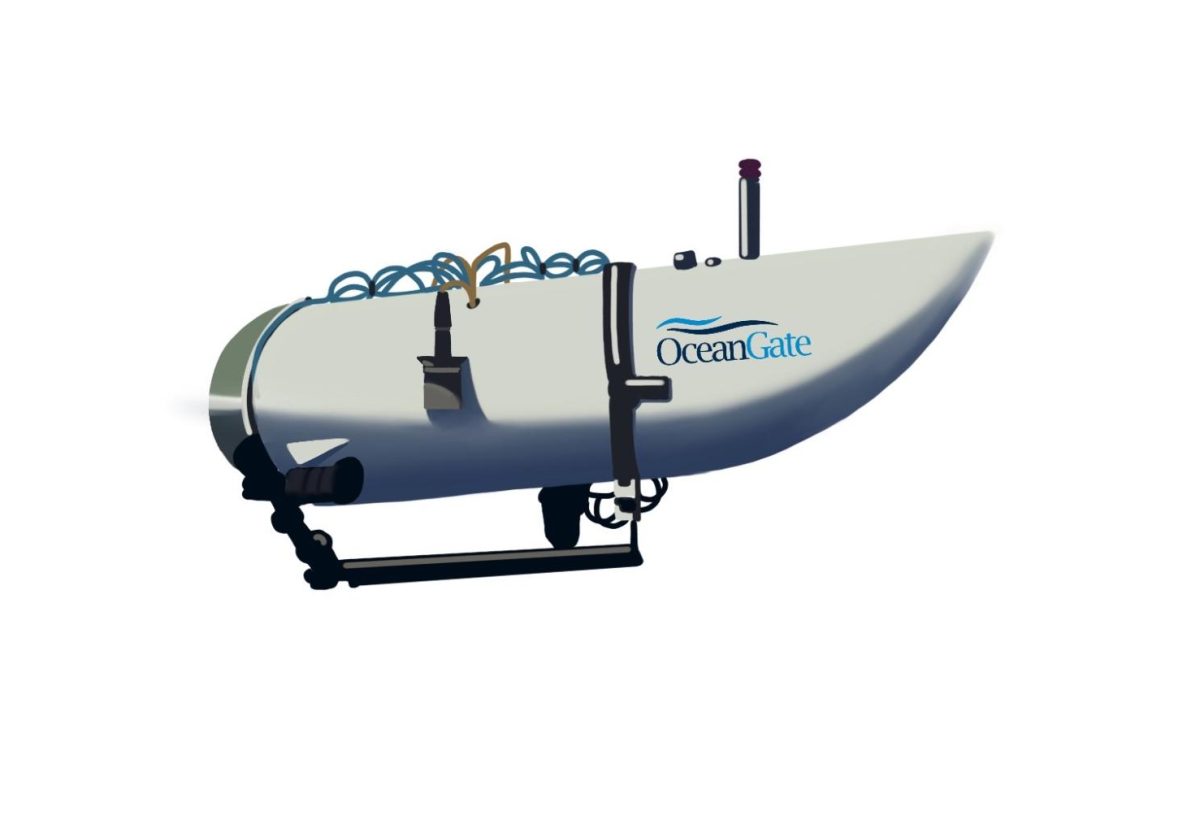When Oceangate’s Titan submersible lost contact with its mothership on June 18, news outlets around the world were constantly publishing updates, captivating viewers globally. The entire world shifted its focus to a single story in a matter of days.
The submersible had five passengers on board, all paying $250 thousand per person to visit the shipwreck site of the Titanic ship. From the time the submersible began its trip to long after it had gone through a fatal implosion, the media gathered around these five extremely wealthy men, with efforts towards their rescue and remembrance: the coast guard searched by air and sea for the missing submersible almost immediately and did not stop until the deaths of the five passengers were confirmed. Additionally, tributes were published on major news networks to honor the lives of those lost.
However, just a week before the submersible became an international news sensation, a ship of migrants from Syria, Pakistan and Egypt sank near the coastline of Greece, with over 700 adults and children drowning. This catastrophic event was completely ignored by the media and disappointingly went unnoticed by the rest of the world—unlike the submersible, there was no rescue mission, investigation nor awareness spread for these individuals.
There is an obvious discrepancy between the way these two events were handled by the media. Having equal, deserving coverage in the news shouldn’t have a price tag on it. The lost lives of 700 people weren’t discussed to the extent that they should have been ; however, if these immigrants had a higher social status, there’s a good chance their story would have received more substantial media coverage. On average, news stories involving wealthier classes are given more attention than those involving lower-income classes, according to Pew Research Center. The media should not be operating in a way that favors money. By not giving attention to events that affect those of lower economic classes, we prioritize money over human value and simultaneously fail to bring incredibly important issues to light.
Giving equal attention in the media to different socioeconomic groups is incredibly important, but news organizations should also give attention to global events. Despite the ship of 700 immigrants arguably being a more distressing and concerning event , large news organizations, including Cable News Network (CNN) , The New York Times, National Broadcasting Company (NBC) and many more decided to focus more of their attention on an American-owned private corporation by posting 96 hour oxygen countdown timers , publishing constant updates and even posting analytical articles after the implosion had been discovered. Only focusing on national news is not common in other countries—according to the Pew Research Center, American news networks don’t report on international stories as much as other countries do. Catastrophic events such as the ship sinking don’t have more value because they’re American. It is necessary for international stories and current events to be brought to the forefront of our attention.
News outlets have the influence and power to do this—they can very easily educate and inform America’s masses—yet in this case they chose not to. It is crucial for American media to take a more global and diverse perspective on news. This would foster a richer understanding of struggles and hardship in the world, while promoting empathy and equality.
Having equal representation of minority groups in the media is not only important to inform audiences. With the immense amount of power and influence news organizations have, simply bringing up issues that aren’t in the public focus can make drastic differences by shedding light on underrepresented groups. For the Titan submersible, several efforts were made to rescue passengers; this reaction can in part be attributed to the amount of coverage it was given. Finding effective solutions should be the norm after tragedy—however, without media attention, it’s difficult to see real life results. While having media coverage might not have saved the ship, it would help with putting into effect preventative measures and long-term solutions. If issues regarding unfair treatment towards immigrants were more publicized , there would be more initiatives to pass policy and create safety protocols to actually address issues in a concrete and lasting way.
Big organizations and news outlets should undoubtedly be leading the charge on making reporting more diverse and all-encompassing. Because ultimately, they shift focus when necessary and keep us informed. While this is true,we also need to recognize our role as individual participants in spreading information about current events. Each person possesses the ability to contribute to the advancement of diverse perspectives and narratives through personal conversations, social media platforms and other communication channels. Social media is able to give a platform to almost anyone to speak their mind. We should be using this to our advantage to put pressure on large establishments and push forward different perspectives, as it is our responsibility to help guide the conversation.

